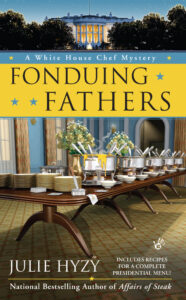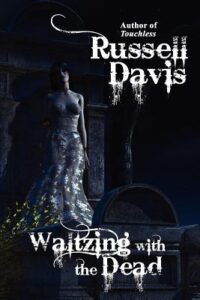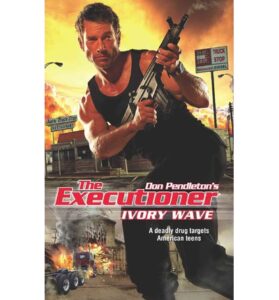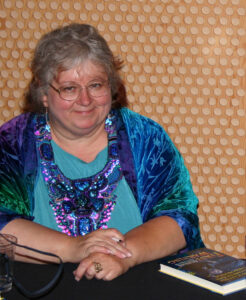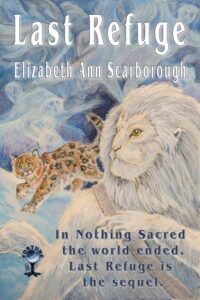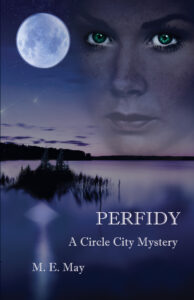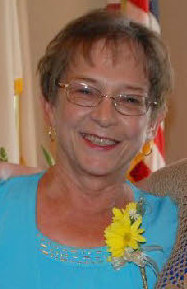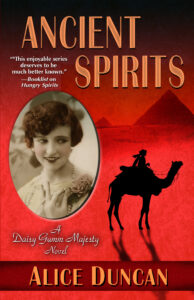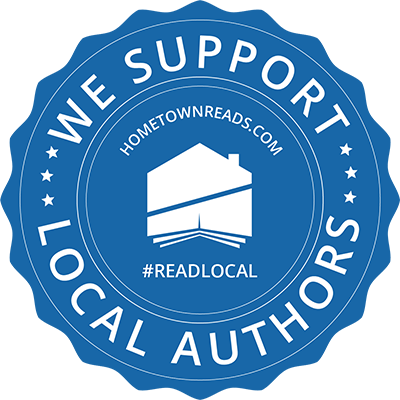I invited L.C. Hayden to be our guest today because I’ve always been fascinated by her unique way of promotion. This is just one way to think outside the box when marketing your books. Please help me in welcoming L.C. Hayden to The Editing Essentials!
 L. C. Hayden is the creator of the award winning Harry Bronson Mystery Series. Critics are hailing her latest release When the Past Haunts You as the best mystery of 2012. This February, the book was nominated for the 2013 Watson Award and hit the Number 2 Kindle Police Procedural Best Seller spot.
L. C. Hayden is the creator of the award winning Harry Bronson Mystery Series. Critics are hailing her latest release When the Past Haunts You as the best mystery of 2012. This February, the book was nominated for the 2013 Watson Award and hit the Number 2 Kindle Police Procedural Best Seller spot.
Visit her website at www.lchayden.com and check out her books at www.tinyurl.com/LCHayden. She invites you to be her Facebook friend at Lc Hayden and Tweet her @LCHayden1.
Cruising and Promoting
I’m lucky.
I’ve done over fifteen cruises. I’ve been to the Caribbean, Mexican Riviera, Panama Canal, the Mediterranean, and others. Most, more than once.
“That means you’re rich,” you say.
“Nope. I’m just doing my job.”
“Wait! You get paid to go on these cruises?”
Yep. I’ve been contacted by Royal Caribbean, Celebrity, and Princess Cruise Lines to do writing presentations during their days at sea. They want and expect forty-five minute power point presentations that are both amusing and informative. That’s followed by a fifteen minute signing section.
 That’s it. That’s my entire job. I’ve done as few as two presentations during a sixteen day cruise and as many as eight. It all depends on the number of days at sea.
That’s it. That’s my entire job. I’ve done as few as two presentations during a sixteen day cruise and as many as eight. It all depends on the number of days at sea.
There’s a set of guidelines I’m expected to follow, but they are all common sense rules. I’m not allowed to wear short-shorts. I can’t sit at the bar and drink. I can’t gamble or participate in any games where I can win, such as bingo. I’m not allowed to mention other cruise lines or seat up front at any of the cruises’ shows.
In return, I and my guest of choice receive a free cruise, discounts at the ship’s stores, photograph discounts, and more often than not, cruise excursion discounts. One of the ship’s stores carries and sells my books. At the end of each cruise, I pick up my check.
Sounds wonderful, doesn’t it? It is. I love cruising all over the world and promoting my books at the same time. Some of my most faithful followers are those I met at one of these cruises. So how did I land such a lucrative job?
By pure luck. Someone heard me speak, and he (she?) recommended me to the person who hires for the cruise lines. They called and the interview lasted for a bit over three hours. At the end of the conversation, they said they’d send me to the Caribbean on a five day trial basis.
During those presentations, I had everyone from the captain to the cruise director to the bar attendant to the . . . well, you get the idea. Everyone was there to evaluate me. I must have passed because soon after that, I was sent on longer more exotic cruises. I average one or two cruises a year.
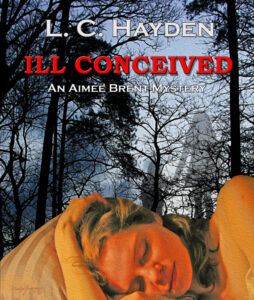 I’m now to the point where people are e-mailing me, asking when and where I’ll do the next cruise so that they can join me. Unfortunately, most of the time, I can’t tell them simply because I don’t know. Sometimes the company calls me one or two months ahead of time. Although it hasn’t happened to me, they might even give you a week’s notice.
I’m now to the point where people are e-mailing me, asking when and where I’ll do the next cruise so that they can join me. Unfortunately, most of the time, I can’t tell them simply because I don’t know. Sometimes the company calls me one or two months ahead of time. Although it hasn’t happened to me, they might even give you a week’s notice.
I have such fond memories of these cruises. I remember one time in Tahiti I saw a gorgeous necklace made of sea shells and macramé. The natives sold it for $20. I thought that was a bit too expensive for macramé and sea shells so I passed it up.
Soon as I got back to the ship, I regretted my decision. But much to my heart’s content, the next island also sold them, and they were charging only $18. I whipped out my credit card only to be told that they didn’t accept credit cards.
I dashed to look for my husband—my walking cash machine. By the time I returned, they were sold out.
At the next island, I was prepared. The natives sold theirs for $15. I bought it and proudly wore my unique necklace for the rest of the cruise. When we got home, I went to Walmart to buy some milk. I got the milk and noticed that the store sold the same unique necklaces for $4.99.
Sigh.
While in Barcelona my husband and I walked Las Rambles, a mile long street filled with museums, eateries, parks, and stores. I wanted to take some pictures of Spain’s outstanding architecture, so we deviated one block away from the path. The visual site rewarded me with early European structures. Fascination filled me as I snapped picture after picture. I was so involved with the task at hand, I failed to notice the group of ladies who had gathered across the street.
My attention riveted toward them when one of them threw an unopened orange Fanta toward my feet. The can burst as it collided with the pavement. I distinctly heard them chanting, “No pictures. No pictures.” Then it dawned on me. We had wandered into the Red Light District.
Ooops!
Then there’s the time I decided to shoot some rapids in Huatulco. I love the feel of gently floating down a peaceful river and a size two rapid is nothing more than gentle moving water with a bump here and there. But as it turned out, the rapids were really four’s and five’s. Afterwards, I asked our guide about it, after all, we had been promised one’s and two’s.
He shrugged. “What can I say? It rained.”
Okay.
There’s so many more misadventures I could share, but space is limited. All I can say is that I’m so thankful that I’ve landed this oh, so tough job—but hey somebody’s got to do it.
Thank you, L.C., for joining us today! Feel free to post an questions or comments for her on how she promotes her books. She’ll be with us all day. Thank you!




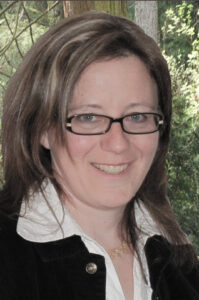
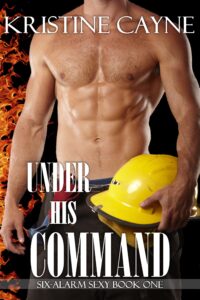
![Pageflex Persona [document: PRS0000040_00004]](https://writtendreams.com/wp-content/uploads/2013/02/Deadlyobsession_front_300dpi-200x300.jpg)


